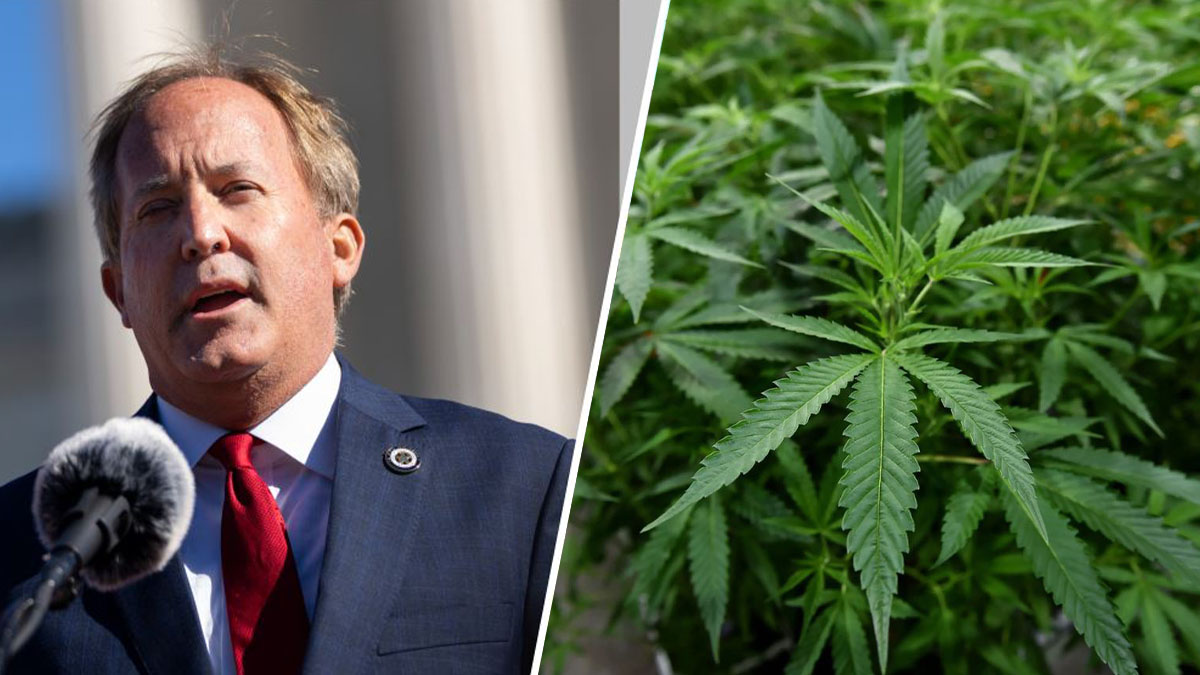The city of Rowlett is under scrutiny for its invocation policy at the start of city council meetings.
Prayers read before Rowlett City Council meetings are being criticized from local residents and an atheist group that wants the prayers gone.
Rowlett resident and Atheist, Chad Aldridge, is among a group of North Texas Atheists challenging the city's prayer policy before council meetings, saying it's too pro-Christian, and not inclusive.
Instead, the atheists want a moment of silence or the invocation taken out of meetings.
"How would they like it if they were forced to pray to Muhammad or Allah or Ganesha the Hindu God--any of the others out there, because that's what they're doing to us," said Aldridge. "They just don't see the error that they are oppressing a smaller minority in us the atheists, the Hindus, any Muslims or even Jews in this town that don't believe in Christ's divinity and don't want it enforced on us at the meetings.”
The atheists say they will keep fighting for the change.
Local
The latest news from around North Texas.
Meanwhile, a prayer vigil is scheduled to precede Tuesday's 7 p.m. city council meeting at Rowlett City Hall.
"Just because there are more Christians in Rowlett, does not give them the right, in the United States, to leave others out," said Terry McDonald from the Metroplex Atheists.
In 2010, the city made changes to their prayer policy, after someone anonymously complained to the Freedom from Religion Foundation.
Under the modified policy, any established religious group can pray before council meetings, but the city said Rowlett is made up of predominately Christian groups.
"The established bodies of religion in Rowlett are Christians," Deputy Mayor Pro Tem Michael Gallops. "There's a Catholic church here, there are multiple denominations of churches but there aren't any from other religions."
City leaders said they are inclusive – welcoming people from all beliefs. They say they have no plans to make changes to the policy.
"There is no reason for us to change the policy, the policy is constitutional, the policy is neutral, it’s non-discriminatory we're gonna stick with it," said Gallops.



